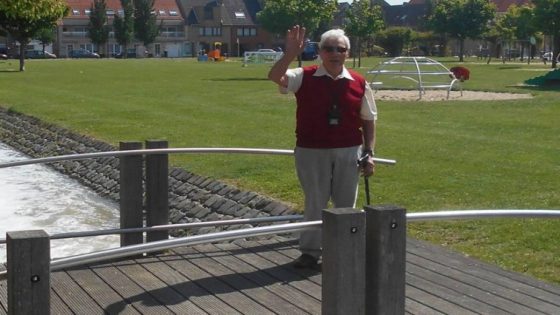In a shocking incident on April 6, 2025, Rezky Fauzan Ranajaya, known as Eki, allegedly killed his aunt, EL, in Bogor, Indonesia. The brutal act reportedly stemmed from a dispute over washing dishes. How could a family conflict escalate to such violence?
- Nephew kills aunt over dishwashing dispute
- Incident occurred on April 6, 2025
- Eki was arrested on the same day
- Victim suffered multiple severe injuries
- Eki expressed frustration over restrictions
- Faces up to 12 years in prison
This tragic event raises questions about family dynamics and mental health. Eki, a student, was arrested shortly after the incident, revealing a disturbing story of anger and desperation.
Family Dispute Leads to Tragic Murder in Bogor, Indonesia
What could drive a young man to take such drastic action against a family member? The recent murder of EL by her nephew Eki has left the community in disbelief. Eki, who was raised by his aunt, reportedly became enraged when asked to wash dishes, leading to a violent confrontation.
Understanding the Events Leading to the Murder in Bogor
The conflict began when Eki was asked to wash dishes, which he resented. This seemingly minor request escalated into a physical altercation, resulting in EL’s death. Eki’s emotional state and background play a significant role in understanding this tragic event.
Background of the Suspect and Victim: A Troubling Relationship
Eki, an orphan, was supported by his aunt since he was 15. Despite this care, he felt restricted and often expressed frustration over his aunt’s rules. This complex relationship may have contributed to his violent reaction.
- Eki was raised by his aunt, who financially supported his education.
- He felt emotionally constrained by her requests and rules.
- The murder occurred after a heated argument over household chores.
- Witnesses reported Eki’s growing frustration leading up to the incident.
The Aftermath: Legal Consequences and Community Reactions
Following the murder, Eki was apprehended at the scene and charged with homicide. He faces a potential 12-year prison sentence. The community is grappling with the shock of this event, questioning how such violence could emerge from a family dispute.
This case serves as a reminder of the importance of addressing emotional and mental health issues within families. How can communities better support individuals to prevent such tragedies?

































